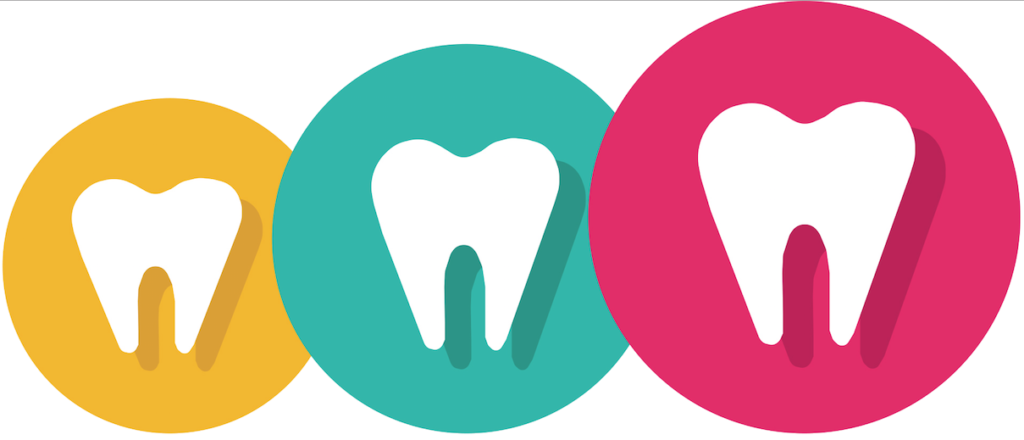
If your child has sustained a dental emergency (e.g. head injury, fracture to the jaw, tooth fracture) which needs immediate medical attention, you should visit your nearest emergency department. Keep in mind that it may be quicker for help to arrive to you; in such cases, call 911.
For non-life threatening emergencies during office hours, please call our office at [ ] to inform us of the nature of the emergency so that we may prepare for your visit (such as dental trauma, toothache, swelling, etc).
For after-hours questions regarding dental emergency, you may leave a message for our doctors but please keep in mind these numbers are NOT intended for emergencies requiring immediate attention or for non-dental questions. Please do not expect to receive an immediate response, but our doctors will do our best to respond ASAP. Please leave a detailed message regarding the nature of your call.
Dental Emergency Tips
Emergency care and trauma can be very scary and frustrating for you and your child. Give us a call! We are here to help. Please do remember to stay calm and we are here to help you.
FAQs:
Knowing how to handle your child’s dental emergency can mean the difference between saving and losing a tooth.
The following are some important tips for treating your child at home until you are able to come in:
- If your child has a very loose tooth, it should be removed to avoid being swallowed or inhaled.
- Find the tooth and rinse it with water (no soap). Take care to only touch the crown of the tooth (the part you can see when it’s in place).
- Place the tooth in a clean container with milk.
- Call us immediately and/or head to the hospital. If you act quickly, it’s possible to save the tooth.
- If your child has knocked out a permanent tooth, take him or her with the tooth (in glass of milk) to see us as soon as possible.
- If your child has knocked out, or avulsed, a baby tooth unfortunately it cannot be put back in.
- If your child has chipped or broken off a piece of a tooth, rinse his or her mouth with warm water, then use a cold compress to reduce swelling. Try to locate and save the tooth fragment that broke off. Call us immediately.
- If your child complains of a toothache, rinse his or her mouth with warm water and inspect the teeth to make sure there is nothing caught in-between them. If the discomfort continues, use a cold compress to ease the pain. Do not apply heat or any type of topical pain reliever directly to the affected area, as this can cause harm to the gums. Children’s pain relievers may be taken orally.
- Please call us and schedule an appointment immediately.
- If your child has bitten his or her lip or tongue severe enough to cause bleeding, clean the area gently with water and use a cold compress (a cold, wet towel or washcloth pressed firmly against the area) to reduce swelling. Give us a call to help determine how serious the bite is.
- If you know or suspect your child has sustained a broken jaw, use a cold compress to reduce swelling. Call us and/or head to the hospital immediately. In many cases, a broken jaw is the result of a blow to the head. Severe blows to the head can be dangerous and even life-threatening.

